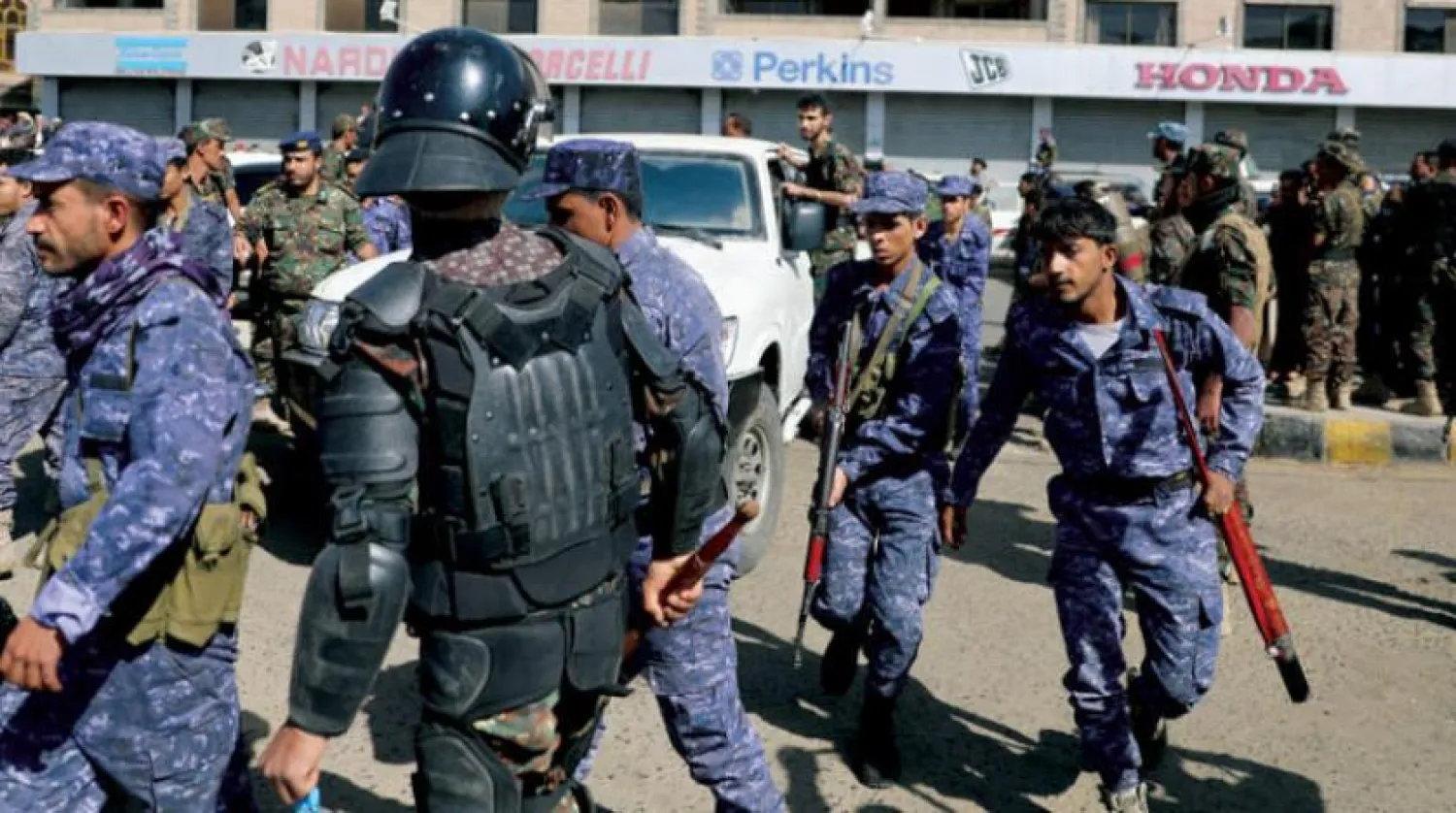The United Nations and the US condemned the execution of nine Yemenis by Iran-backed Houthi militias in a public square in Sanaa.
On Saturday, the Houthis publicly executed nine people in Tahrir Square in central Sanaa after accusing them of complicity in the killing of former prominent member Saleh al-Samad.
Samad, who was the head of the Houthis’ so-called supreme political council, was killed in an airstrike by the Arab coalition in the port city of Hodeidah on Yemen’s west coast in April 2018.
While hundreds of their gunmen mobilized to witness the execution, the Houthis posted pictures and video footage of the event to intimidate opponents, according to Yemeni human rights activists.
UN Secretary-General Antonio Guterres said he “deeply regrets” the executions, including a person who, according to information, was a minor at the time of his arrest.
Guterres said the trial in which the nine were convicted and sentenced to death did not meet “the requirements of fair trial and due process.”
The spokesman for the Secretary-General, Stephane Dujarric, said that Guterres opposes the death penalty in all circumstances.
The Secretary-General reiterates that “international law sets stringent conditions for the application of the death penalty, including compliance with fair trial and due process standards as stipulated under international law.”
He urgently calls on all parties and authorities to adopt a moratorium on the carrying out of the death penalty.
The Secretary-General urges all actors to cease the violence. He encourages the Yemeni parties to engage with the UN in good faith and without preconditions to reinvigorate political dialogue to find a peaceful negotiated settlement to the conflict that meets the legitimate demands and aspirations of the Yemeni people.
The US Charge D’affaire in Yemen, Cathy Westley, called the trial “sham” that followed “years of torture and abuse” of the executed people.
“This outrageous action is another example of the Houthi indifference to basic human rights ... This barbarism must end,” Westley said in a message posted on the embassy’s Twitter account.
The Arab Parliament condemned the Houthis’ ongoing human rights violations against the Yemeni people, especially the right to life.
The parliament stressed the need for international solidarity to deter the terrorist militias that disregard international laws, warning that the international community’s inaction will encourage the Houthis to continue their terrorist acts.
It also called on all international human rights institutions to condemn this cowardly terrorist act and take the necessary legal measures to ensure the prosecution of the perpetrators.
Yemeni human rights activists fear that the militias will carry out other mass executions, especially as they issued dozens of death sentences against detainees held in their prisons on trumped up charges of “espionage” and supporting the legitimate government.
Yemeni Minister of Information Muammar al-Eryani had slammed the horrific crimes committed by terrorist Houthi militias against civilians.
He vowed that the cold-blooded murder of nine civilians “won’t be subject to the statute of limitations and go unpunished and that all militia leaders and elements involved in it will be brought to justice soon.”









